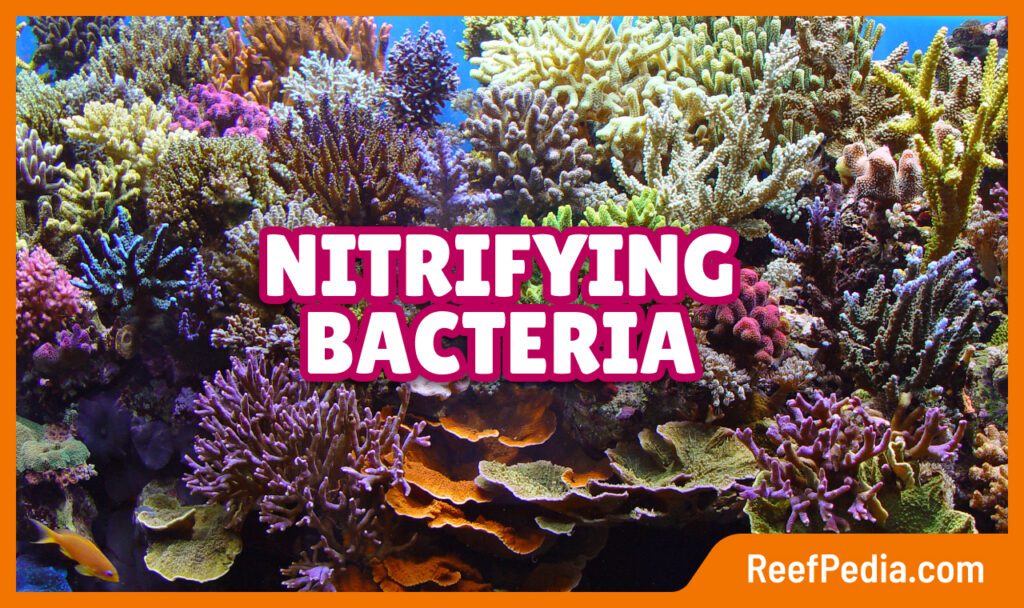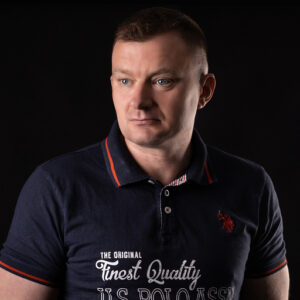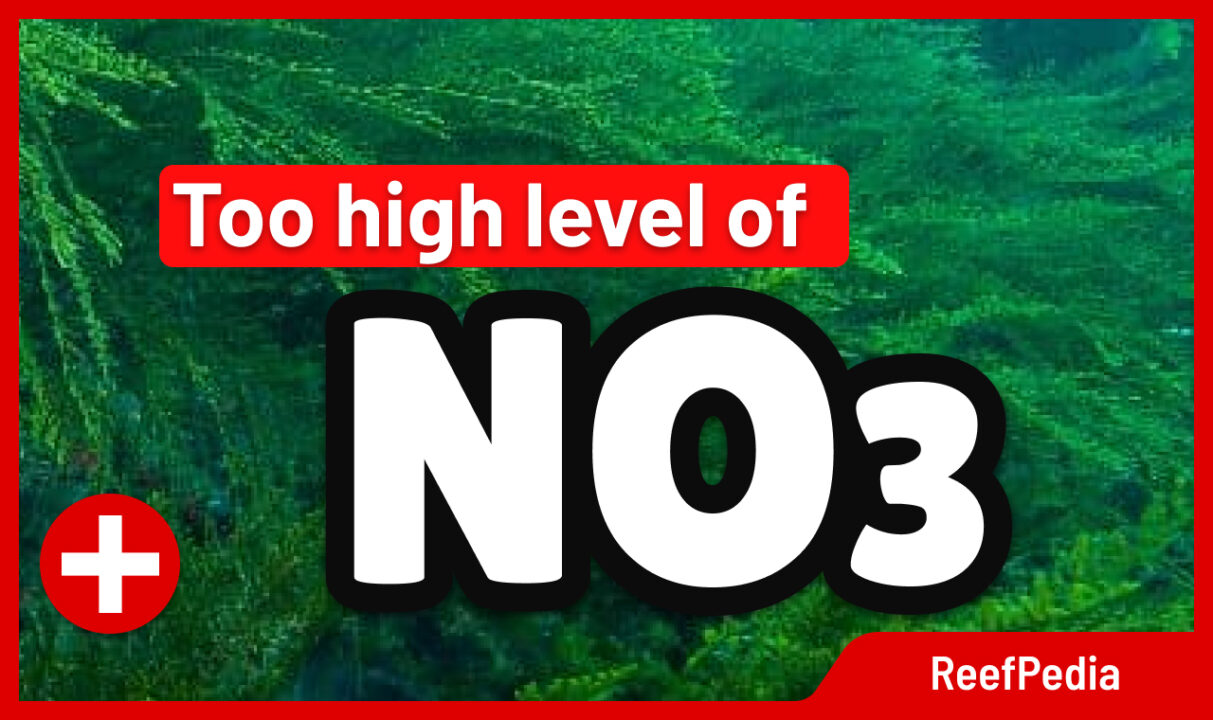If your marine aquarium has nitrate levels (NO3) that are giving you a headache, this article was written just for you. Maintaining the correct level of NO3 is fundamental to marine aquarium care – it’s the basic of basics. Let me shed some light on what could cause high nitrate levels.
It all starts with understanding. Just as doctors can’t treat symptoms without knowing the cause, we – as marine aquarists – have to understand where the problems in our aquariums originate. In this article, I’ll also introduce you to specific strategies and techniques that will help you lower the level of NO3. But before we start taking action, we have to understand what causes the issue.
Immature aquarium – if your aquarium is still in its diapers, the level of NO3 is naturally elevated. This period represents the maturing phase of the aquarium.
Solution? Patience! After the maturing period, the NO3 level will naturally return to normal.
Started changing the water too soon – if you started changing the water too soon, you might have inadvertently raised or maintained high NO3 levels. Water should only be changed the first time after the aquarium has matured. If you didn’t follow this rule, unfortunately, you extended the maturation period and weakened the biological balance of the aquarium.
Solution? Cease the water changes, add the appropriate amount of bacteria, and patiently wait until the aquarium matures.
Moved / changed the rock – if you changed the position of the rock or replaced it, you might have unknowingly triggered a second maturation period.
The solution is the same as before – stop changing the water, add the correct amount of bacteria, and wait patiently.
Overfeeding – overfeeding fish and other marine animals leads to an accumulation of food residues that decompose, creating nitrates.
Solution? Feed less and clean more thoroughly (suction off any lingering dirt). Adjusting water circulation or improving filtration can also help. It’s worth checking if your protein skimmer is correctly matched to the tank, feeding quantity, and animal stock.
Poor filtration – if your filtration system can’t effectively transform nitrites (NO2) into nitrates (NO3), you are faced with the problem of excessive NO3.
Solution? Optimize or replace the filtration. You can choose from various options, such as special balls and disks that increase the settlement area for bacteria, pellets, or even feed dosing bacteria food, which help reduce the concentration of NO3.
Excess organic matter – If dead corals, fish, or lingering detritus are present in your tank, they could be potential nitrate sources.
Solution? Remove the organic debris from the aquarium. For lingering detritus, regular suction or improved circulation can help.
Too many fish in the system – a large fish population in the aquarium generates excess organic waste, which in turn leads to higher nitrate levels.
Solution? Reduce the fish population or increase filtration efficiency.
Using inappropriate bacteria – if you do not have the right types of bacteria inoculated and supplemented, the nitrification process may be disrupted.
Solution? Invest in higher quality bacteria. I invite you to check out an article on bacteria on ReefPedia:

Nitrifying bacteria in saltwater aquarium
Nitrifying bacteria in saltwater aquarium
We invite you to read the article dedicated to nitrifying bacteria. An interesting article written by a microbiology specialist
Conclusion
To effectively reduce the level of nitrates in a saltwater aquarium, strategies such as regular cleaning and water changes, moderate feeding, maintaining an optimal number of fish, and ensuring effective water filtration should be employed. Remember, your aquarium is a small, closed ecosystem – balance and harmony are key to its health.
About the author

Marek Protasewicz
Reefkeeping has been my passion for over 10 years now. I love learning. The hobby has taught me many valuable lessons, patience being the best example.
Combining work and passion is my path. I run Crazy Coral, a marine aquarium shop, for a number of years. Building this business from the scratch I learnt from my own mistakes at a heavy cost.
Later I managed a project aimed at development of methods for quick growth of Corals in non-natural conditions. The project was carried out by Get Sales, Poland.
Presently, I am responsible for distribution strategy at Reef Factory, of which I am a
co-founder. The company produces smart devices for marine aquaristics.
The last projects I have been involved in are Social Reef and ReefPedia.



